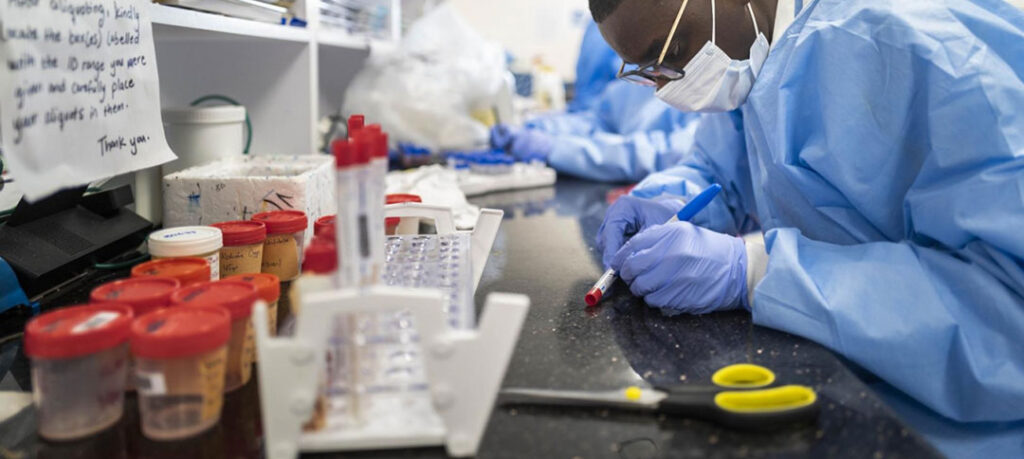ADF STAFF
The deadly COVID-19 outbreak underlines the fragility of Africa’s health systems, officials said during an annual meeting with the World Health Organization.
More than 500 people attended the virtual meeting, including health ministers and officials from 47 African states, United Nations representatives and members of intergovernmental organizations.
The pandemic has taxed the continent’s health systems since the first confirmed case was recorded in Egypt on February 14.
“This virus has not only affected our health, but also tested our way of living, societal norms and economies at large,” Ethiopian Prime Minister Abiy Ahmed told the WHO gathering, according to the organization’s website.
Africa’s health systems should work to better coordinate how they respond to disease outbreaks and other public health emergencies and ensure equal access to vaccines, treatments and diagnostic equipment, Abiy said.
“COVID-19 has taught us that strong health systems are a matter of national security and survival,” Abiy added.
Mauritian Prime Minister Pravind Kumar Jugnauth agreed.
“It is crucial to have an efficient health system at a time when we are experiencing the COVID-19 pandemic,” Jugnauth said.
At the meeting, WHO officials issued a report encouraging nations to enhance public and private funding of their health systems, explore ways to facilitate access to health services, and more closely monitor the strength of local health systems.
The WHO report echoes the sentiments of pathologists, epidemiologists and public health officials who told Human Rights Watch (HRW) during interviews in April and May that inadequate government investment in health care led to insufficient resources in many parts of the continent.
“The current health crisis from the spread of the novel coronavirus has brought to the fore the need for African Union member states to carefully analyze the current state of their health care infrastructure and make meaningful investments to improve access to quality health care,” Carine Kaneza Nantulya, Africa’s advocacy director at HRW, said in an article on the organization’s website.
A lack of testing kits, ventilators, personal protective equipment, sanitizer and other critical items, as well as delayed paychecks, pushed doctors in Kenya, Nigeria, Sierra Leone, South Africa and other African countries to go on strike during the pandemic, further hindering health care. Thousands of African health workers have tested positive for COVID-19.

